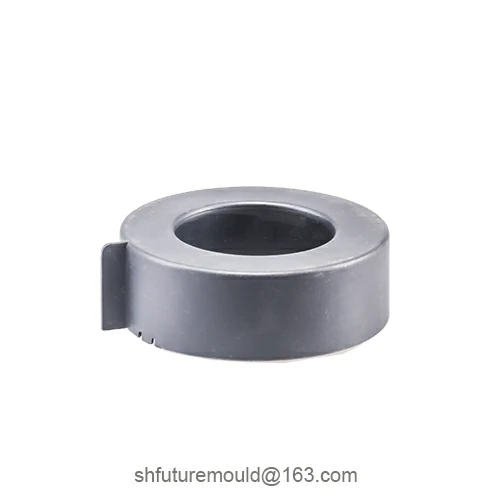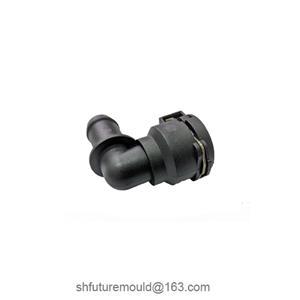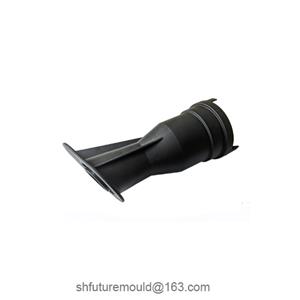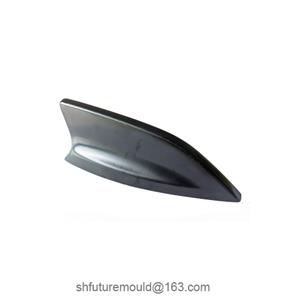Raw steel material of injection molds
Injection molds generally work at 150-200 degrees Celsius. In mass production, the injection mold needs to withstand the influence of high temperature as well as high pressure. To meet the processing needs of different injection molds, we should choose the suitable materials according to the product, and the basic properties of mold steel are as follows:
1. Surface hardness and wear resistance.
The hardness of plastic molds is around 50-60HRC, and the heat-treated mold material can provide sufficient hardness. In the molding process, the injection mold needs to be continuously compressed, which requires the mold to maintain good precision and stability during mass production.
2. Cutting performance
EDM processing and cutting operations are imperative in the manufacturing of injection molds. To improve cutting performance and the smoothness of the mold material, the hardness of the raw material should be moderate.
3. Polishing performance
For plastic products with higher surface requirements, the roughness of the cavity surface needs to be smal. Therefore, for high-quality products, the choice of mold steel should be a material with better polishing performance.
4. Thermal stability
The shape of plastic product is complex and the mold cavity is difficult to process after quenching, so mold steel with good thermal stability should be adopted. After heat treatment, the material is less affected by temperature and has good dimensional stability, which can ensure the dimensional accuracy and surface roughness requirements of the mold.
- Injection Mold
- Automotive Injection Mold
- Electronics & Electrical Injection Mold
- Consumer Goods Injection Mold
- Airplane Components Injection Mold
- Medical Components Injection Mold
- Irrigation Components Injection Mold
- Injection Molds




